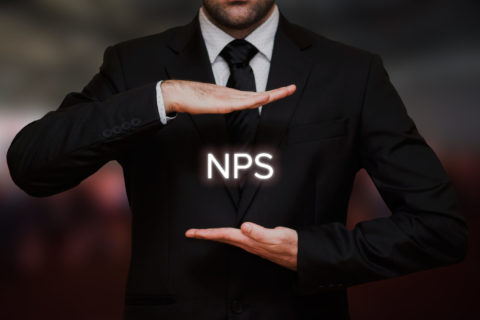By Adam Warner
The Insight Show is now firmly established as the UK market research industry’s top exhibit. For me, much of that success comes from its placement adjacent to Marketing Week Live. This is a fine metaphor for the industry as a whole. Additionally, the Insight Show also has a strong commitment to content. Many speakers are there on merit, rather than pay-to-play. For a free-to-attend event this is admirable. In particular, the presentations on the International Stage are mostly curated by the team over at ESOMAR. This provides attendees the opportunity to catch some of the best peer-reviewed content in the industry for free.
This sense of collaboration mirrored one of the key points from the CEO panel on the first morning of the event. Kantar CEO Eric Salama said that as an industry we need to partner more. We need to partner with our competitors and tech companies, to help drive innovation and provide greater value to our clients. It was an interesting point considering the research industry has never been as open as the tech industry, an industry we so often want to be part of.
The CEO panel, ‘Driving innovation and thriving through uncertainty,’ was the first session of the Insight Show, and a fitting start. Eric was joined by Fiona Blades, CEO of Mesh; Lyn McGregor, CEO of Hall & Partner’s Open Mind offering; and John Kearon, CEO of System1 (formerly BrainJuicer). The gathered CEOs were there to share their thoughts on innovation, particularly around digital transformation. Maya Plentz, the moderator of the session, pointed out that CMOs today are struggling with business performance metrics in the digital world.
So how can research agencies respond to these pressures?
All CEOs largely agreed that it’s now the job of the researcher to do more than provide the data. Now the researcher needs to ensure that their client teams can bring together the often-disparate sources of data – often from digital platforms – and help them to organise and make sense of it. As John Kearon identified, the explosion of data and fragmentation of marketing means that the job of the researcher is now to cut through the noise. By doing so, researchers are providing long-term and identifiable impact for their clients.
For me, the key takeaway and theme of the session can be boiled down into a single word – attitude. When it comes to innovation, as Lyn McGregor said, “those that move first are doing best”. She cited brands in the financial sector that started working on innovative digital services back in 2008 and are now reaping the benefits. Kearon also added that it’s partly just the need to just get on with it, and if it doesn’t work, try again. This open attitude to innovation as a process, rather than a finished project, is what ties together some of the most innovative brands in the world, and a core learning for our industry.
This notion of attitude was never better expressed than when the panel talked about the skillsets needed for the future of the industry. Fiona Blades said that for her, attitude, intelligence, and the ability to think differently are the core elements for the new researcher – technical skills can be taught. This was echoed by Eric Salama, who explained that the key difference in those parts of his business doing well, and those that aren’t, is all down to attitude. John Kearon added that without attitude nothing happens. He also went on to say that creativity in this sector is incredibly important.
This sense of attitude and passion being the key to success of the industry, and a key driver of innovation, was a positive message for the Insight Show audience. The concept of “attitude” may be a bit abstract – it’s not like you can get a masters in having a great attitude. However, it is something that all senior managers in data and insight can consider when looking to make new hires. It’s totally free, and it might just help drive the industry forward.
By Adam Warner, Communications Director, Keen as Mustard Marketing


